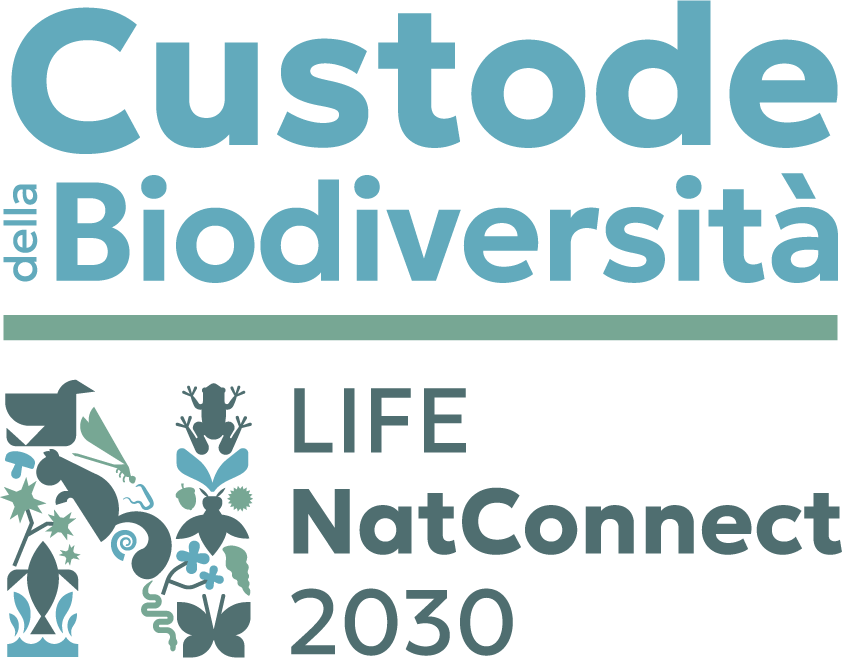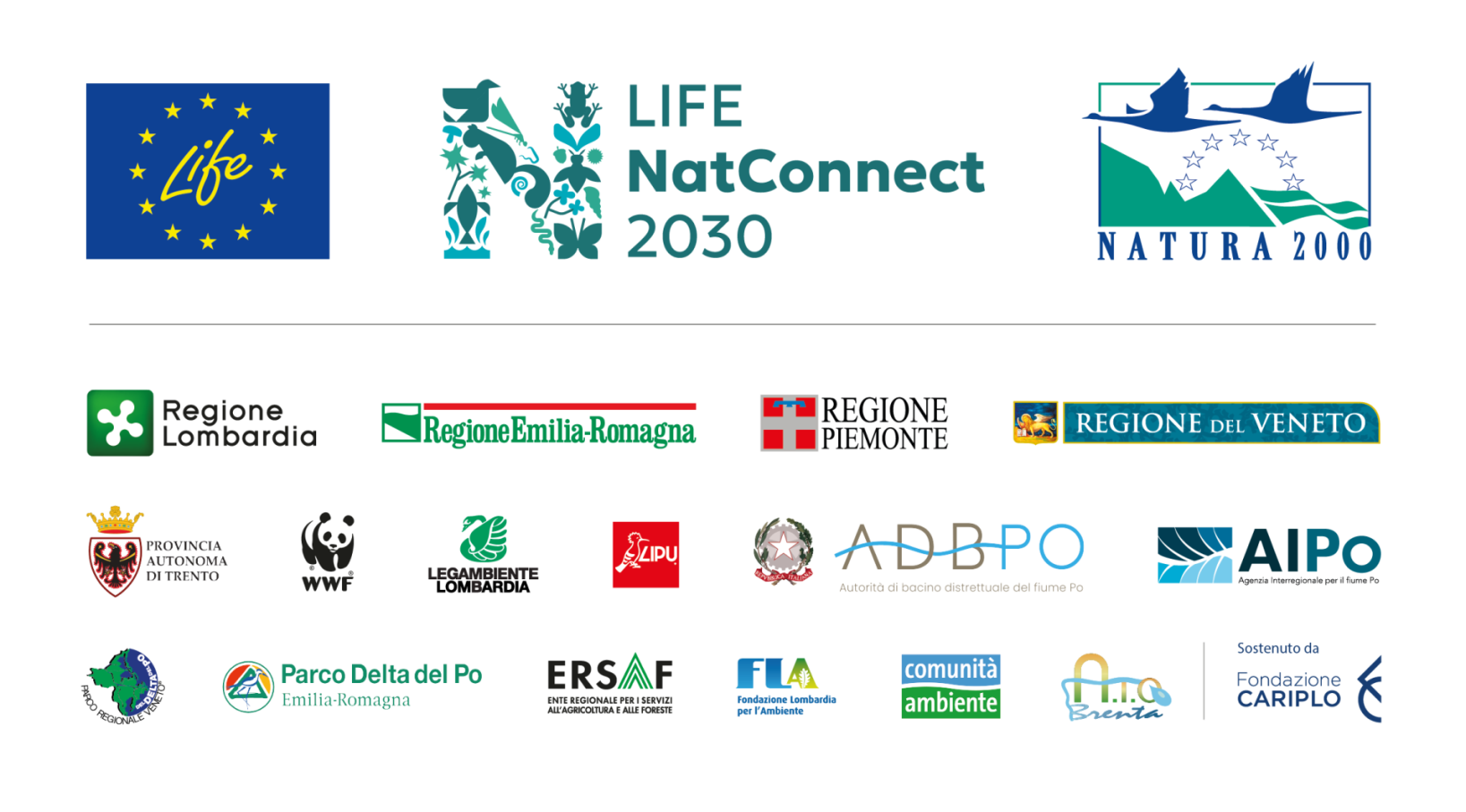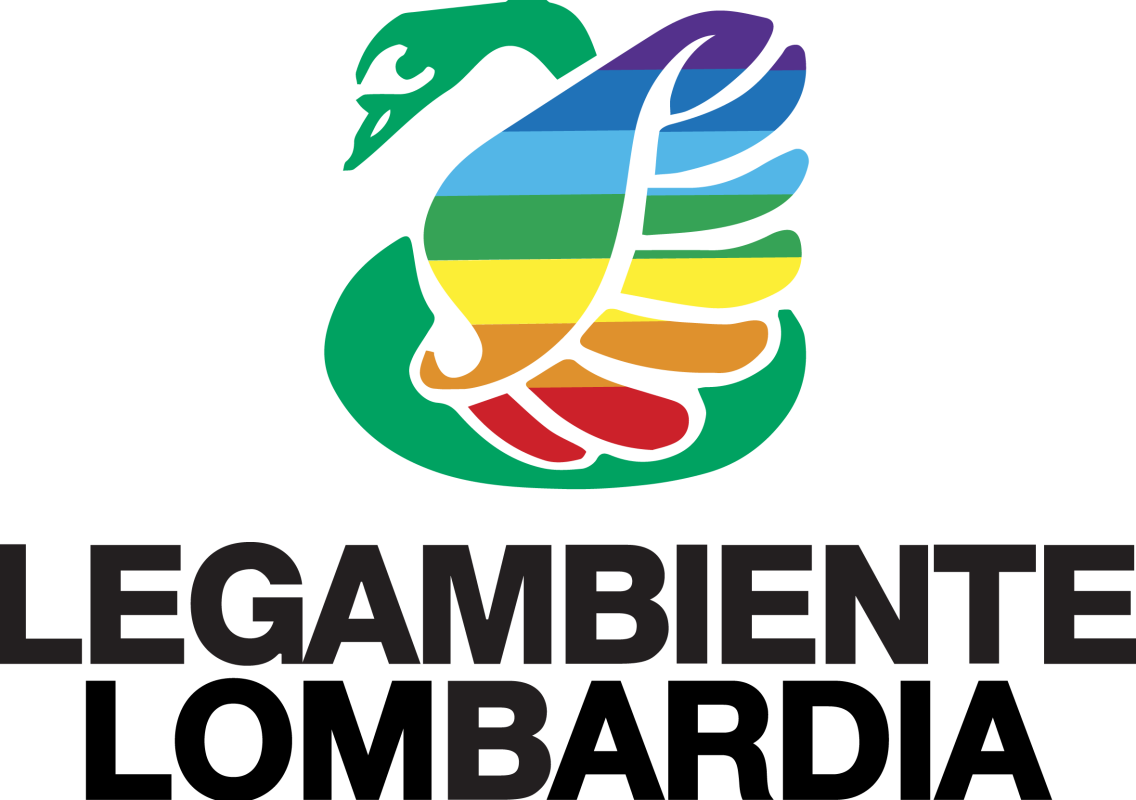
$35,000
contributed out of $85,000
65%
funded
15
days left
Sustainable Agriculture
Lorem ipsum dolor sit amet, consectetur adipiscing elit. Integer

$45,000
contributed out of $95,000
65%
funded
15
days left
Help Young Planting
Lorem ipsum dolor sit amet, consectetur adipiscing elit. Integer

$55,000
contributed out of $75,000
65%
funded
15
days left
Clean Environment Ever
Lorem ipsum dolor sit amet, consectetur adipiscing elit. Integer
icon
Materials
Lorem ipsum dolor sit amet, consectetur adipiscing elit. Integer adipiscing erat eget risus sollicitudin
icon
Solar Energy
Lorem ipsum dolor sit amet, consectetur adipiscing elit. Integer adipiscing erat eget risus sollicitudin
icon
Waste
Lorem ipsum dolor sit amet, consectetur adipiscing elit. Integer adipiscing erat eget risus sollicitudin
icon
Eco Ideas
Lorem ipsum dolor sit amet, consectetur adipiscing elit. Integer adipiscing erat eget risus sollicitudin

Versione in italiano
Legambiente Lombardia is a partner in the project “Natural connections for Natura2000 in Northern Italy to 2030,” acronym LIFE NatConnect2030.
The project was approved under the Call LIFE-2022-STRAT-two-stage – Strategic Nature and Integrated Projects (SNAP) and is one of the 12 projects in which the European Commission has invested EUR 233 million. This is a LIFE Strategic Nature Projects that aims to achieve biodiversity conservation objectives, through the development of actions defined by the Prioritised Action Frameworks 2021-2027 (PAF) for the Natura 2000 network and at the same time, implement other environment and development plans or strategies adopted at international, national, multi-regional or regional level.
The project, lasting 9 years (2024-2032), involves 16 partners:
Leader: Regione Lombardia – DG Territorio e Sistemi Verdi
Partners: Regione Piemonte, Regione Emilia-Romagna, Regione Veneto, Provincia Autonoma di Trento, Autorità di Bacino del fiume Po, Agenzia Interregionale per il fiume Po, WWF Italia, LIPU – Lega Italiana Protezione Uccelli, Legambiente Lombardia Onlus, Ente regionale per i servizi all’ agricoltura e alle foreste (ERSAF), Fondazione Lombardia per l’ambiente, Ente Parco Regionale Veneto Delta del Po, Ente di Gestione per i Parchi e la Biodiversità – Delta del Po Emilia Romagna, Comunità Ambiente e Consiglio di Bacino Brenta (affiliated).
OBJECTIVES AND ACTIONS
The objective of the project is to consolidate an integrated Natura 2000 network management system to ensure the achievement of the conservation objectives of the EU Habitats and Birds Directives. The project will be pursued through the implementation of a set of actions deemed to be strategic among those identified as priorities in the 5 PAFs concerned.

The project area, corresponding to 100,000 square kilometers, is home to a rich wildlife and more than 840 Natura 2000 sites and is characterized by the presence of the Alps and the Po River and over 24 million inhabitants (it is one of the most densely populated areas of Europe).
LIFE NatConnect2030 also includes several multi-target and multi-level communication activities, and capacity building actions.
The 5 strategic lines at the base of the project are:
– Ecological restoration of habitats and species of conservation interest
– Strengthening the connection elements of the ecological network
– Mitigation and adaptation to climate change
– Reduction of the impact of invasive alien species
– Strengthening the governance of the Natura 2000 network and of the connection areas
Project area: territory of the Regions involved in the project, with 843 Natura2000 sites, in the Alpine, Continental, Mediterranean and Mediterranean marine biogeographical regions.

Duration: 2024-2032 (9 years, divided in three phases) – start: 1 January 2024
Project budget: over 46 M€
60% EU co-financing: about 28 M€
40% co-financing from partners: over 17 M€
Co-funding of Fondazione Cariplo: 1.300.000 €
In addition, the project intends to move about 540 M€ of complementary funds that contribute to the implementation of the PAF of the 5 Regions. These include EAFRD funds (49%), ERDF (15%), Interreg Programme VI-A Italy-Switzerland 2021-2027, the Lombardy National Forestry Strategy, MASE (Ministry for the Environment) for the containment of IAS of Union Interest in Lombardy, the Piano Nazionale Recupero e Resilienza (33%) dedicated to the project “Rinaturazione del Po” and other regional and private funds.
PROJECT ORGANIZATION
The project is organized in 9 Work Packages (WP) and 61 tasks.
WP 1: Project coordination and management activities
WP 2: Habitat and species restoration
WP 3: Strengthening the ecological connection elements of the Ecological Network
WP 4: Climate change impact reduction
WP 5: IAS impact reduction
WP 6: Strengthening the governance of the Natura 2000 network and of the connection areas
WP 7: Communication and Stakeholder Engagement
WP 8: Sustainability, replicability and exploitation of project results
WP 9: Monitoring, coordination and movement of complementary funds and integration with other policies

Expected impact
The ambition of LIFE NatConnect2030 is to have an impact at the national and european level by demonstrating the feasibility of implementing 5 PAFs and contributing substantially to the objectives of the Green Deal:
Expected impact 1: mobilisation of the funds necessary for the full implementation of the PAF, after the end of the project
Expected impact 2: encouraging, in the long term, an improvement of the conservation status of species and habitats of EU interest and the ecosystem services they provide
Expected impact 3: improvement of the ecological conditions and the connectivity function of the river Po
Expected impact 4: Long-term improvement and strengthening of the role of Regional Biodiversity Observatories in the collection, systemization, analysis and sharing of data on habitats and species of EU importance (Articles 11 and 17 of the Habitats Directive) both inside and outside the Natura 2000 network.
LIFE NatConnect2030, in addition to contributing to the Kunming-Montreal Global Biodiversity Framework, will contribute to the achievement of several European policy objectives, including:
– EU Biodiversity Strategy for 2030
– European forestry strategy for 2030
– Water Framework Directive 2000/60/EC
– EU Regulation on Invasive Alien Species
– EU climate change adaptation strategy
– EU Nature Restoration Law
– EU Strategy on sustanaible tourism
– EU directive on the sustainable use of plant protection products
The Role of Legambiente Lombardia
Within the project, Legambiente Lombardia will carry out a series of actions with various stakeholders in the partner territories, aimed at involving them in nature conservation activities.
Through personalized and context-specific pathways of information, awareness-raising, and concrete on-the-ground practices, Legambiente Lombardia will work with schools, municipalities, citizens, and various local actors (managing bodies of Natura 2000 sites, farmers, fishermen, landowners, etc.) to make them key players in biodiversity protection, through the signing of “land stewardship agreements” (land stewardship strategy).

As part of the LIFE NatConnect2030 project, discover Legambiente’s land stewardship activities on the website custodialifeconnect2030.it.
For more information on the project:
Website
Email: ufficioprogetti@legambientelombardia.it
Facebook
Instagram

Funded by the European Union. Views and opinions expressed are however those of the author(s) only and do not necessarily reflect those of the European Union or CINEA. Neither the European Union nor CINEA can be held responsible for them.
Legambiente Lombardia Onlus
Sede legale e operativa
via A. Bono Cairoli, 22 – 20127 Milano
Tel: 02 87386480 – Fax: 02 87386487
Email: lombardia@legambientelombardia.it
PEC: legambiente.lombardia@pec.cheapnet.it
Ufficio stampa
ufficiostampa@legambientelombardia.it
Powered by Jackie
